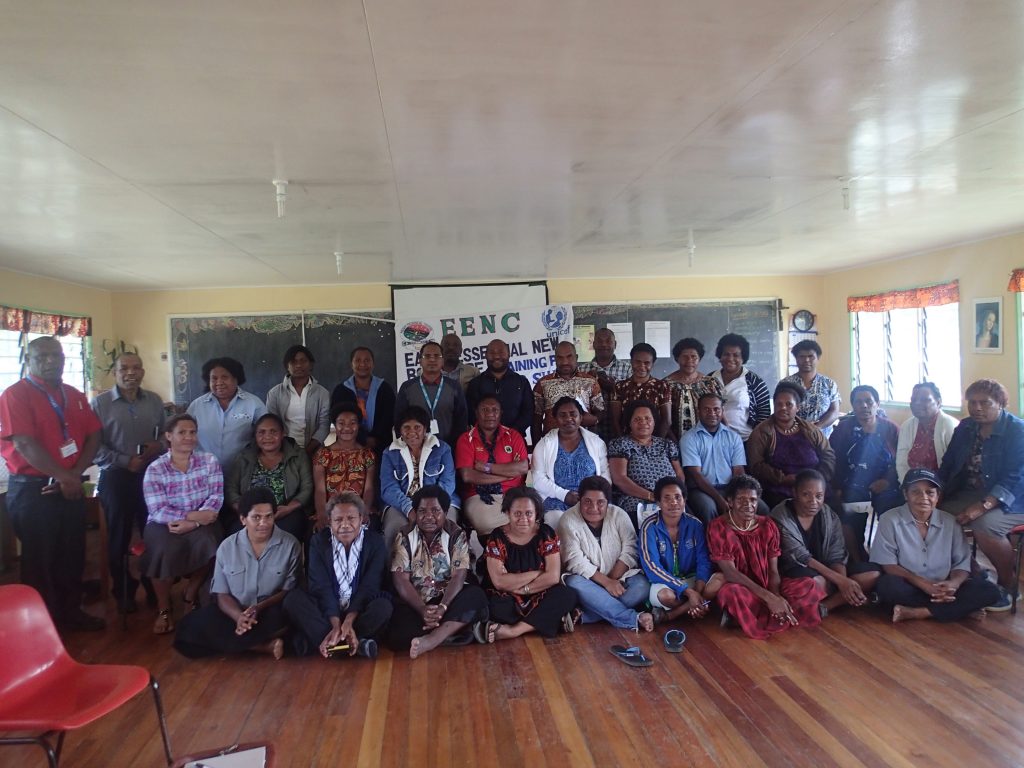By Staycey Yalo – EMTV News, Port Moresby
As Southern Highlands Province slowly recovers from a devastating earthquake in February, a large number of critical social services have been disrupted, affecting close to 270,000 people.
UNICEF and other development partners have been actively involved in helping the province recover; supporting a capacity building program to restoring normalcy in essential social services. To that effect, the Early Essential Newborn Care program (EENC) was rolled out in Southern Highlands Province to up-skill health workers across the province on best practices in new born care. The success of EENC roll-out in Eastern Highlands Province prompted UNICEF to introduce the program in Southern Highlands Province as well. The EENC aims to ensure newborns are given proper care, starting from homes right up to the highest health facility in the province.
During the roll out, more than 70 participants from health centres and aid posts were trained and a further 22 were up-skilled on the best accepted practices in new born care. The focus is to improve the quality of care before, during and immediately after the birth with the ultimate goal of reducing maternal and neonatal mortality rates in the country.
Papua New Guinea ranks the highest in the Pacific in terms of maternal and neonatal mortality rates. Basic hygiene practices like hand washing and double gloving during the birthing process were reinforced. Health workers also received training on management of hypothermia in newborns using the recently introduced Bebi Kol Kilok, to regularly and continuously monitor temperature.
The National Department of Health, DFAT, UNICEF and the World Health Organisation (WHO) have partnered to drive the implementation of the EENC programme. It is being piloted in several provinces as part of the National Policy and National Neonatal Health Care strategy that aims to reduce neonatal mortality to 12 per 1000 live births; a sustainable Development Goal targets.


